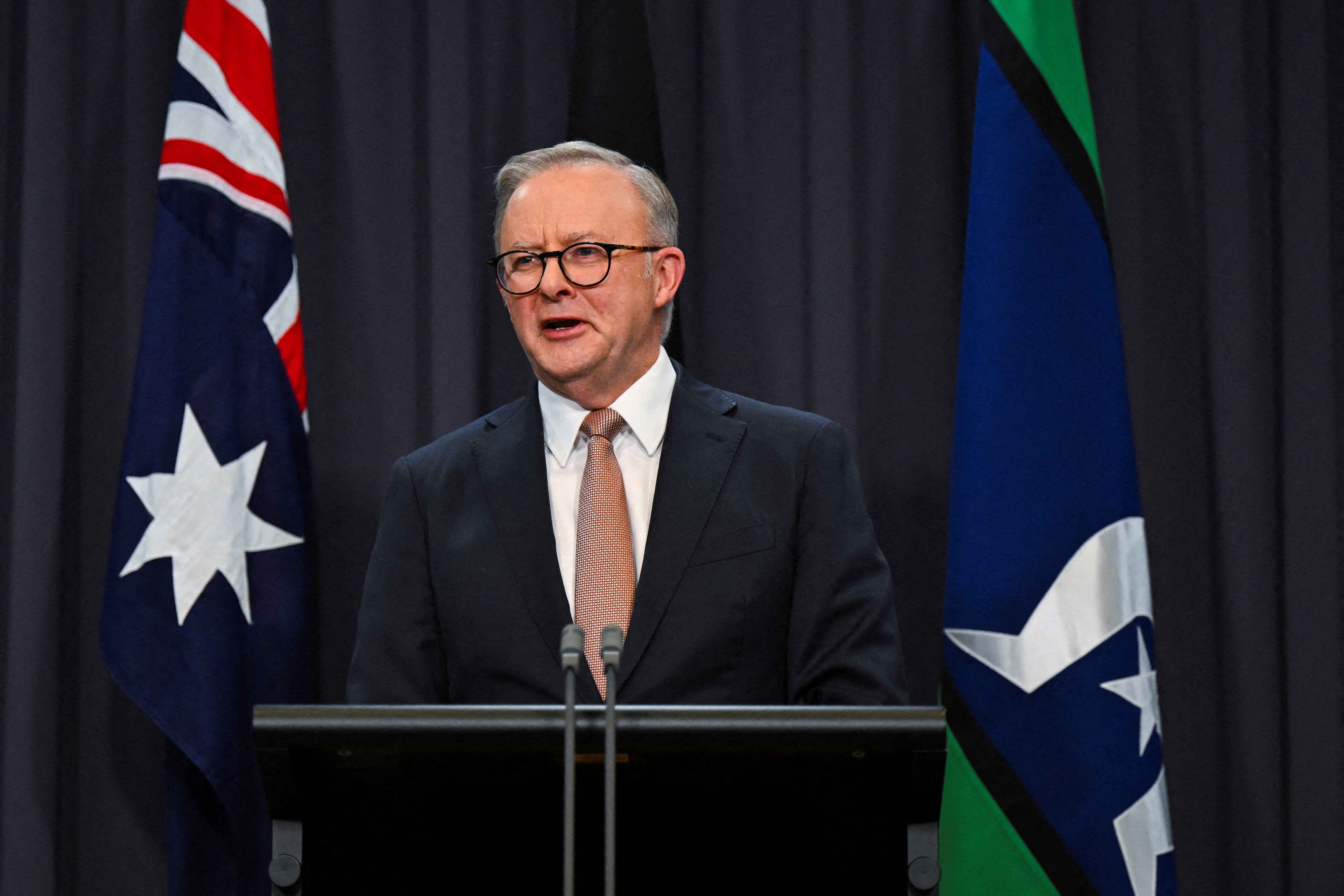Tech giants Google and Meta have urged the Australian government to delay the introduction of a controversial bill aiming to ban social media use for children under 16. The bill, touted as one of the world’s strictest measures on children’s social media access, has sparked a heated debate over its potential implications on privacy, human rights, and feasibility.
What the Bill Proposes
The government, led by Prime Minister Anthony Albanese, seeks to fast-track the bill into law before the end of the parliamentary year this Thursday. However, critics argue the rushed process—allowing only a single day for public submissions—leaves critical gaps in understanding its ramifications.

Central to the controversy is the proposed enforcement of age verification systems. These could require biometrics or government-issued identification, shifting the responsibility to platforms like Google, Meta, and TikTok to ensure compliance. Companies failing to meet the requirements could face hefty fines of up to A$49.5 million (US$32 million).
Read More: Australia Introduces World’s Toughest Social Media Age Restrictions
TikTok and X Push Back
In their submission, Google and Meta emphasised the need for more time and testing. They argued that the absence of a comprehensive age-verification trial leaves Australians unclear about the practical and ethical challenges of enforcing such measures. Meta called the bill “inconsistent and ineffective” in its current form.
TikTok echoed similar concerns, criticising the lack of consultation with experts, mental health advocates, and young people. “Thorough and considered legislation is essential to achieve the desired outcomes. This process has been anything but,” the company said.
Elon Musk’s X (formerly Twitter) raised alarms about the bill’s potential to infringe on children’s rights, including freedom of expression and access to information. Musk, an outspoken advocate for free speech, labelled the legislation a veiled attempt to control internet access.

Criticism of the Legislative Process
While the opposition Liberal Party supports the bill, some independent lawmakers and stakeholders have accused the government of prioritizing speed over diligence. Critics argue that without sufficient input and testing, the bill could lead to unintended consequences, including privacy risks and disproportionate restrictions on young users.
As the Senate committee delivers its report, the debate underscores a global challenge: balancing children’s online safety with protecting digital freedoms. If enacted, the law could set a precedent for other countries, intensifying scrutiny of how governments regulate tech giants and safeguard the next generation online.
Stay tuned to Brandsynario for the latest news and updates









































